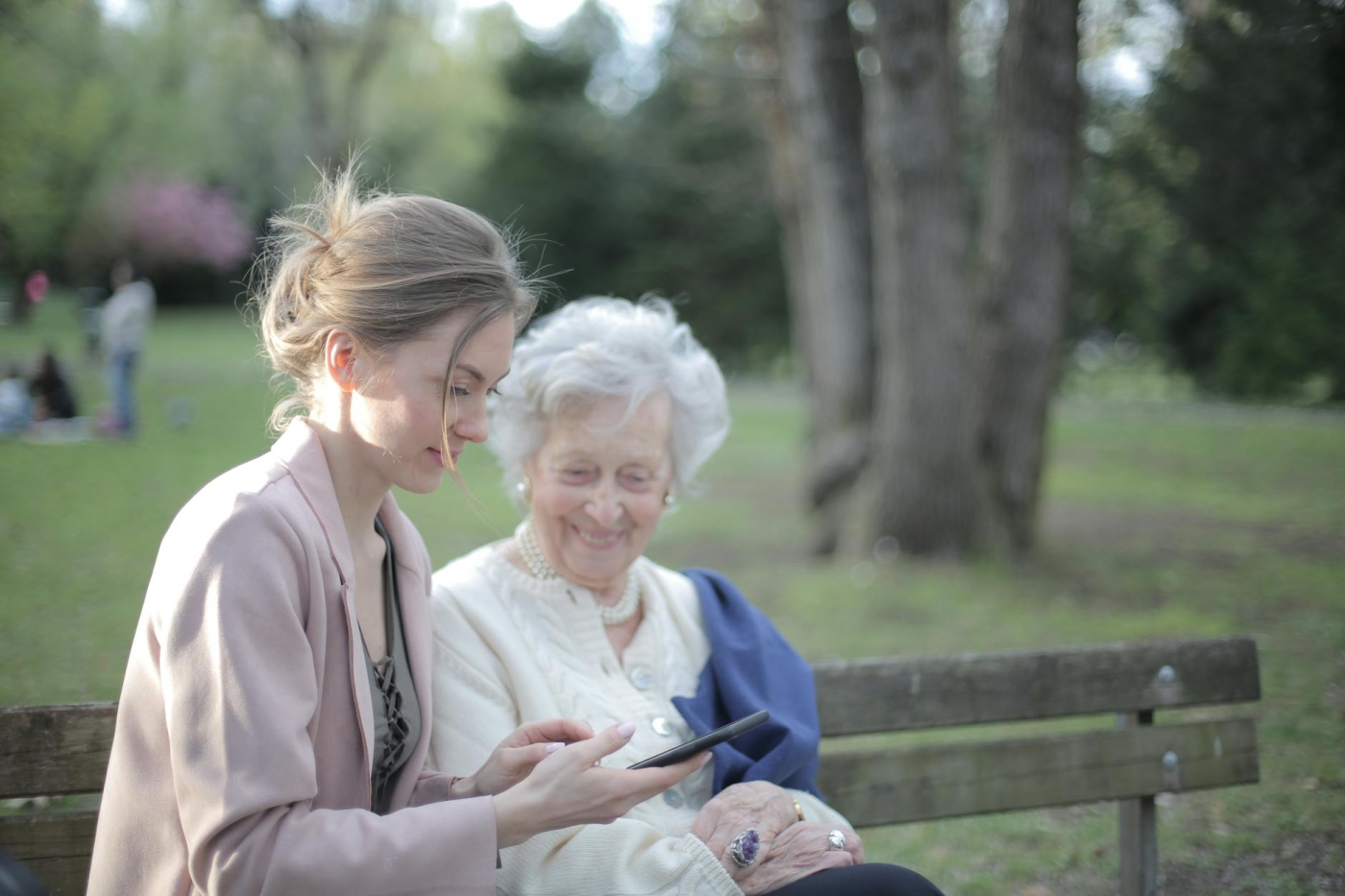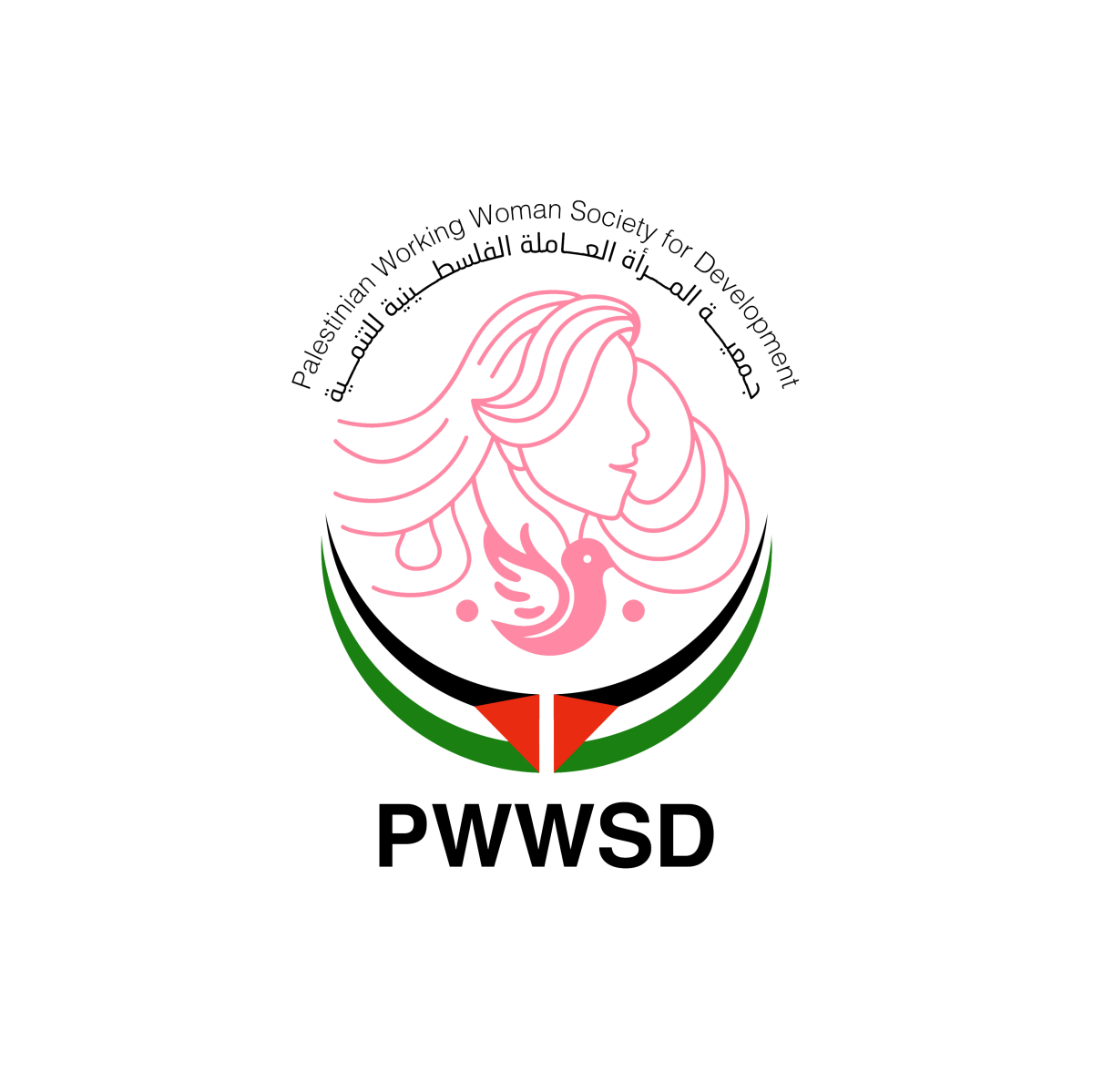Support of small women’s programes

On Tuesday July 31st, 2018, the Palestinian Working Woman Society for Development and in cooperation with the Chamber of Commerce and Industry, executed an open dialogue to discuss the support of small women’s programmes and the role they play in stimulating economic growth in Palestine. This small event was part of a larger project titled “women’s economic support of local development in the Ramallah and Tulkarem districts,” and which saw the participation of representatives of various local governance councils and women’s charity associations from Ramallah and Tulkarem, including a group of businesswomen who oversee the initiation of pilot projects in the country.
Ms. Ni’ma Assaf, Field Coordinator at PWWSD, commenced the event by pointing to the community-based organizations and the steps they must take to provide full, if not some, support to local women’s empowerment programmes which allow for the advancement of women, especially those living in rural and marginalized areas. Ms. Assaf went on to indicate the role in which PWWSD plays in supporting women’s empowerment programmes in various local districts through the implementation of practical and theoretical training workshops, awareness-raising programmes, and through its donation to small women’s programmes and by networking and liaising with community-based organizations to ensure their support of these women’s projects and charity associations.
Mr. Salah Ihsan presented the participants with an overview of the number of ways in which the Chamber of Commerce can provide support to local women’s projects by implementing training and educational programmes in the fields of business management, marketing and finance, and packaging (of locally-made food products). The Chamber of Commerce may also liaise with community-based organizations in Palestine that are able to provide financial support to these women’s projects in order that they be able to participate in regional and international exhibitions, as Mr. Ihsan indicated that the funding the women receive are usually for embroidery and food manufacturing projects and these projects do not enhance women’s entrepreneurial capacities to improve competitiveness, neither locally nor internationally.
Ms. Amal Balan, Agricultural Consultant at PWWSD, addressed the importance of executing theoretical and practical training for working women which can be seen done through her own personal work with local women cooperatives in Ramallah (Zahrat Shaqba Cooperative and Der al Sudan Charity Association for Women) and Tulkarem (Bal’ah Consumer Cooperative and the Anabta Association for Local Cooperatives). Ms. Balan stressed that practical training enhances quality production and ensures that it falls under Palestinian standards and specifications.
The women participants from these local cooperatives presented the audience with their most significant experiences and accomplishments whether as part of individual projects or as members of their local cooperatives and charities. Ms. Rana al Hasan, representative of Zahrat Shaqba Cooperative, described the challenges in which she and her counterparts face and which mainly stem from the local community who do not support the products produced by women’s cooperatives. Ms. Iqbal Omar, representative of Der al Sudan Charity, reviewed the ongoing projects run by the Charity and which include the locally produced honey project, Palestinian embroidery project, and the locally produced goods project; Ms. Omar proudly spoke of her past and latest achievements, the latest being her winning second place in the Palestinian Embroidery Contest held by the Ministry of Culture as part of the Handicrafts Exhibition that took place July 2018.
PWWSD, with the cooperation of Catalan Agency for Development (ACCD) and Movimiento por la Paz (MPDL), oversaw the implementation of these programmes that aim to increase the awareness of the working women of the local cooperatives as per their social and economic rights, and their right to participate in the economic development of their society. The programmes also aim to enhance the women’s skills and capabilities in management, marketing and production in order for women to contribute to their country’s economic growth.






